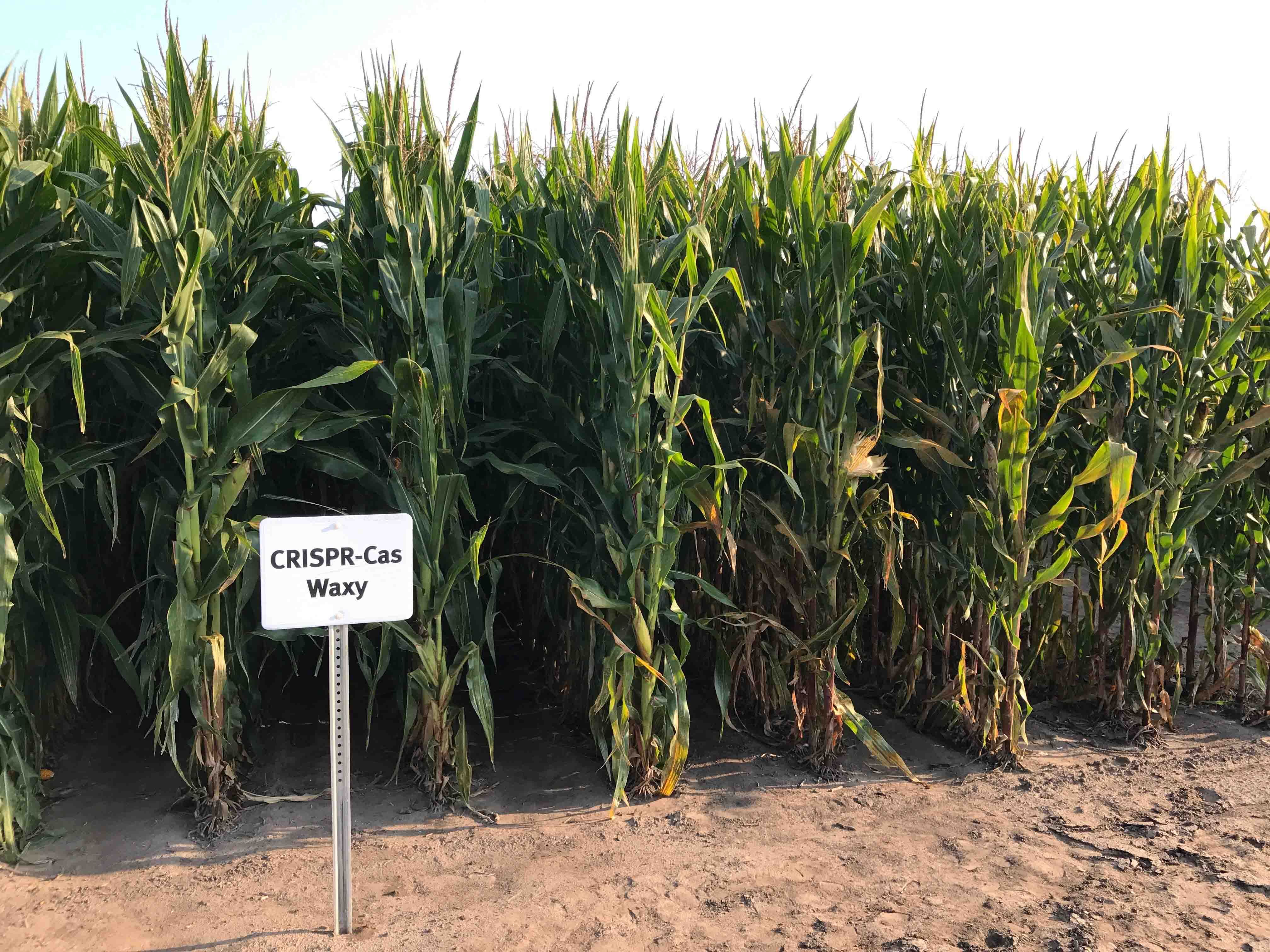Assisted evolution raises complex questions. The practice involves human intervention to increase the rate of natural evolutionary processes. A technique that inevitably transforms the role of humans from being primarily protectors, to designers, or even engineers of natural systems. We spoke with Prof.dr. John van der Oost, a microbiologist from Wageningen University who is regarded as one of the founders of the pioneering CRISPR-Cas technique. This genetic technique enables scientists to change the DNA of bacteria, plants and animals – and thus human beings as well. These developments open the door to a huge range of evolutionary possibilities, from unravelling diseases to new medicines, and improving plant varieties. We met with John to discuss how this technology is useful for society, the natural world and the ecosystem of our planet.
Why speed up evolution through gene editing?
By using the principles of natural evolution and speeding up the overall process (referred to as "laboratory evolution", "directed evolution", or "adaptive evolution") this rapidly improves enzymes as well as microorganisms and plants. This is an approach that is used for improving enzymes (e.g. proteases for detergents, and CRISPR-Cas enzymes for genome editing and diagnostics). As well as microorganisms (bacteria and yeast) and plants (crops) for specific biotech applications, that may be useful for society. In case of CRISPR-Cas enzymes, this will also benefit human patients of certain genetic diseases, for example curing of sickle cell disease by genome editing of blood stem cells. In principle, it can be used for the benefit of other organisms too.

Can gene editing help replace loss to biodiversity, or even assist in the evolution of biodiversity on earth?
Genome editing can be used to generate genetic variation, so in principle it can be used for improving biodiversity. But personally I think we should avoid using genetic engineering for restoring biodiversity.
These edited crops should be beneficial for society (better for the planet, cheaper, better taste and healthy.)
How will assisted evolution influence agriculture?
I think there is nothing wrong to improve crops by using genome editing, the advantage of the CRISPR technology is that is fast, cheap and precise. That means that, unlike the current situation of a small number of agricultural plant species, many more natural crops can be domesticated to improve desired features. For example improving yield, taste, salt-tolerance, drought tolerance while maintaining natural features that have been lost in many of the current crops (resistance against pests and pathogens, nutritional value, taste). As such, it will contribute to maintaining biodiversity in nature, and improving biodiversity in agriculture.

Gene editing and GMOs receive bad press, how can this perspective be changed?
GMOs are generally considered negative. This is mainly caused by some bad examples (look at Monsanto case). It is very important to explain to the general public (and to politicians that make up the rules) on the one hand how much DNA changes have been introduced during the traditional domestication of the fruit and vegetables that we eat every day, and on the other hand how certain types of modern genome editing leads to substantially less DNA changes. So if traditional crops are considered safe, the modern crops should be at least as safe. Moreover, indeed the public should be involved in the choices of what edited crops should be generated, or at least, these edited crops should be beneficial for society (better for the planet, cheaper, better taste and healthy).
It is all about balance. Over 4 billion years of natural evolution has resulted in a planet that is well balanced.
What about the seemingly negative aspects of biodiversity, such as insects, pests, and molds?
It is all about balance. Over 4 billion years of natural evolution has resulted in a planet that is well balanced - every organism (from bacteria to molds, and from insects to man) tries to make the best of it, by evolving certain features that enhances the chances of surviving (hence, survival of the fittest). What is important to realize is that humans are 'pests' for most of the other organisms, and also good to realize that we need insects for new generations of plants, and molds for degradation of dead plant materials. Of course, sometimes humans consider some other creatures as annoying or even a threat, but it is all part of a balanced ecosystem of our planet. The maintenance of a balanced planet, be a requirement for human life.
How does assisted evolution change the relationship between humans, nature and technology?
Using laboratory evolution of CRISPR enzymes will certainly be in the benefit of humans, through biotechnology, pathogen detection (diagnosis) and gene therapy; the case of modern crop domestication will also lead to improved (maintenance of) biodiversity, and hence benefit nature!


Comments (0)
Share your thoughts and join the technology debate!
No comments yet
Be the first to share your thoughts!